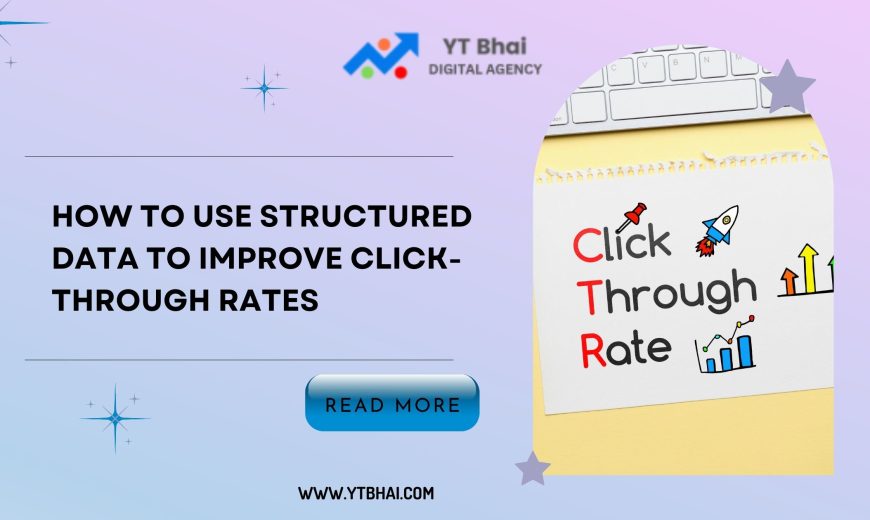Google continuously refines its search algorithms to improve the quality of search results. One of the key focus areas is eliminating spam, ensuring that users get high-quality, relevant, and...
Structured data is a powerful SEO technique that helps search engines understand your content better. By implementing structured data, you can enable rich snippets, featured snippets, and enhanced search...
Ranking your online store higher on Google is essential for driving organic traffic, increasing visibility, and boosting sales. With more competition in e-commerce than ever, understanding and implementing SEO...
In today’s digital landscape, social media is a powerful tool for blog promotion. With billions of active users across platforms like Facebook, Instagram, Twitter (X), LinkedIn, Pinterest, and TikTok,...
WordPress is the most popular platform for bloggers, offering flexibility, ease of use, and customization. However, to maximize its potential, bloggers need the right WordPress plugins. These plugins can...
Search engine crawlers, like Googlebot, are automated programs that scan websites to index content for search engines. If these crawlers cannot efficiently access, understand, and index your content, your...
Technical SEO is a crucial aspect of e-commerce websites, ensuring search engines can crawl, index, and rank pages effectively. Unlike content-based websites, e-commerce platforms face unique challenges, such as...
Serverless computing is revolutionizing web development, offering businesses a scalable and cost-efficient way to manage websites and applications. But how does this shift impact technical SEO? As websites move...
Duplicate content is a significant issue in SEO, affecting search rankings and traffic. It confuses search engines and can lead to lower rankings or even penalties. This guide covers...
Website speed is a critical ranking factor in Google’s algorithm and plays a significant role in user experience. When JavaScript (JS) and Cascading Style Sheets (CSS) are not optimized,...




